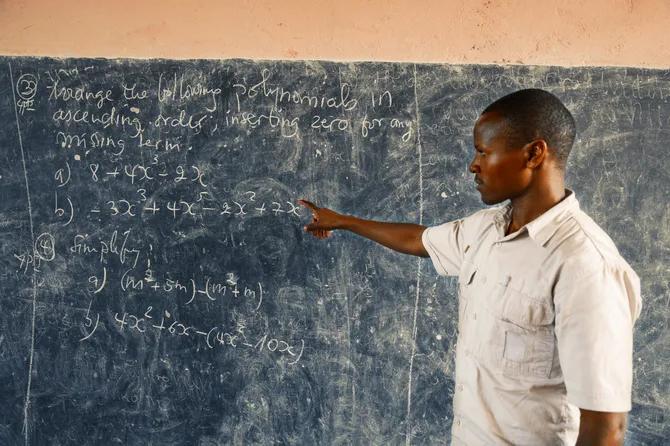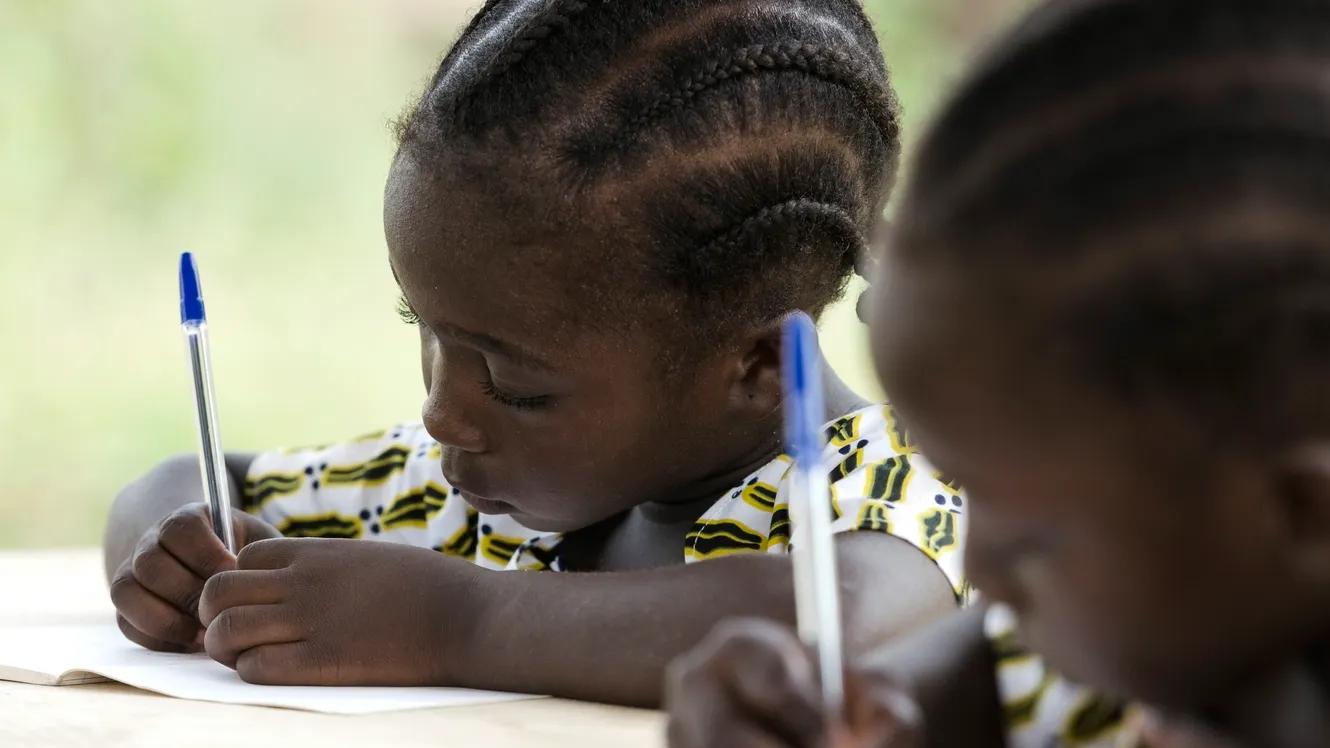Benin
Health
Training dogs to detect breast cancer, a method for screening disadvantaged women in Benin
Impact
News and Insights
The significance of grouping children by ability level and targeting instruction to each group’s learning needs to improve learning outcomes – also known as the “targeted instruction” pedagogy – has been widely demonstrated for primary-age students. However, few studies assess this pedagogy to Early-Childhood Education (ECE) children. FID’s funding supports the impact evaluation of an accelerated reading program inspired by the targeted instruction pedagogy, to determine whether this approach is effective for overage students in ECE classrooms in Liberia.
Project ported by:


In Liberia, fewer than one third of 3-to-5-year-olds are enrolled in Early-Childhood Education (ECE) programs, which is not compulsory in many countries (UNICEF, 2018). An additional challenge is the enrollment of a significant number of over-age children in kindergarten and primary school. These children are at greater risk of dropping out of school, and classes with large student age ranges present pedagogical challenges for Early-Childhood Education teachers (World Bank, 2016), which affects the quality of teaching and therefore students’ learning outcomes. The Ministry of Education of Liberia has made the enrollment of older children a key priority in the reform of the Liberian education system.

The Rising Academy Network (RAN) has developed an accelerated reading program called “FasterReading”, targeted to over-age Early-Childhood Education students. Based on the targeted instruction pedagogy, the goal is to prepare these children academically and developmentally for enrolment into age-appropriate grades and improve the quality of learning.
While studies have shown that the TaRL approach – grouping children by ability level to target instruction to the needs of each group – is effective to improve learning outcomes for primary grades, there is limited evidence of using this approachin Early-Childhood Education classrooms. .
In order to address this data gap, FID supports the partnership between IDinsight and RAN to conduct an evaluation of FasterReading’s impact on the learning outcomes of over age students in Early-Childhood Education classrooms of Liberian public schools, using a counterfactual method.
The purpose of the evaluation is to test a particular model for implementing the new reading method developed by RAN to accelerate learning for over age Early Childhood Education students and analyze the findings.
This evaluation aims to answer the specific following questions:
Projects
Projects funded by FID